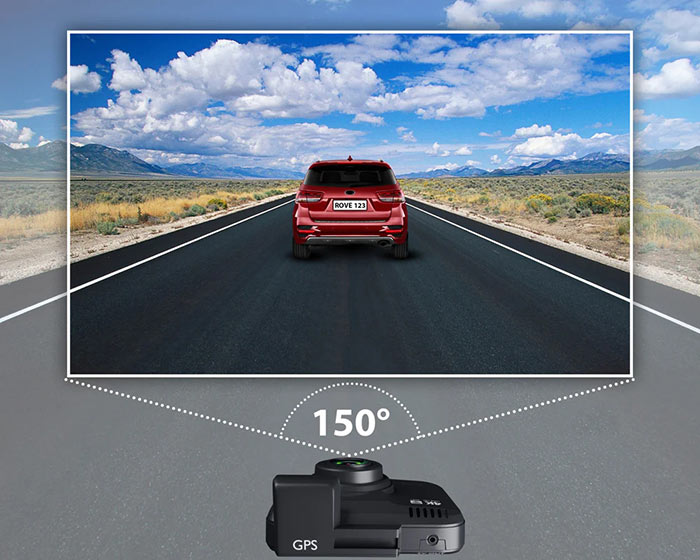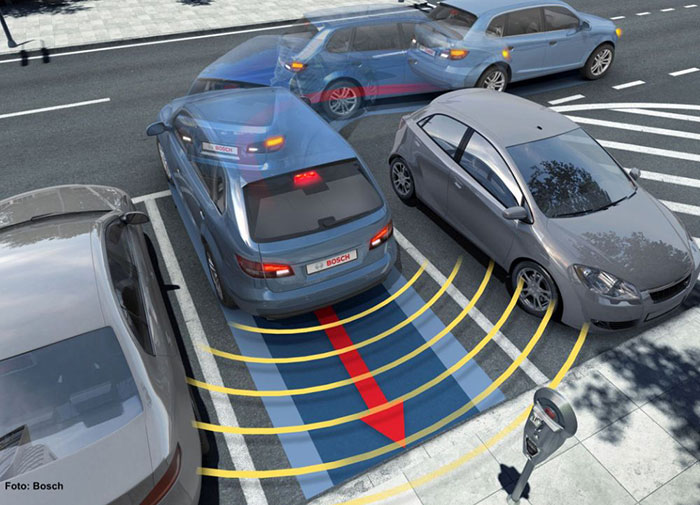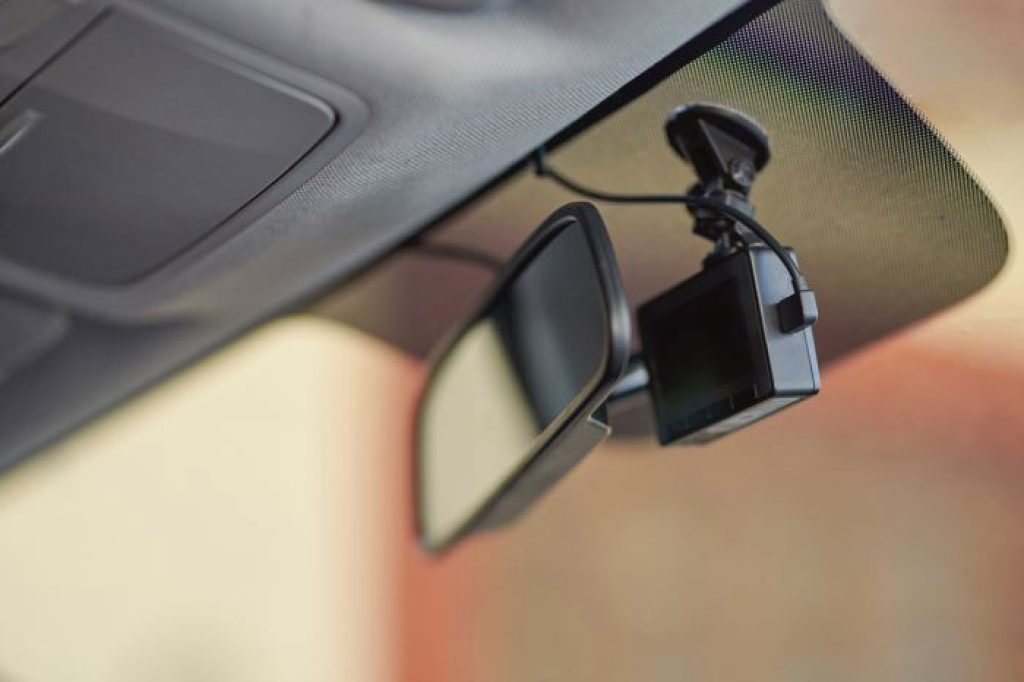As a driver, you want to stay safe on the road and protect yourself from potential accidents. One way to do that is by installing a camera in your car. But with so many options out there, it can be hard to know what to choose. In this article, we’ll explore the differences between dash cams and car cameras, and help you decide which one is right for you.
1. Introduction
Having a camera in your car can be a great way to protect yourself from potential accidents or fraudulent claims. But with so many different types of cameras on the market, it can be difficult to know what to choose. In this article, we’ll be looking at the differences between dash cams and car cameras, and helping you decide which one is right for you.
2. What is a Dash Cam?
A dash cam, short for dashboard camera, is a camera that’s mounted on your car’s dashboard or windshield. It’s designed to record everything that happens while you’re driving, and can be a useful tool in the event of an accident. Dash cams typically record video in a loop, so they can capture everything that happens on the road.

3. What is a Car Camera?
A car camera is a more general term that can refer to any type of camera that’s mounted in a car. This can include dash cams, as well as cameras that are mounted on the back of the car for reversing, or cameras that are mounted on the front of the car for parking.

4. Video Quality
When it comes to video quality, dash cams are generally the better option. They’re designed specifically for recording video while you’re driving, so they’re optimized for that purpose. They typically record in high-definition (HD) or even ultra-high-definition (UHD) resolution, which means you’ll be able to see everything that happens on the road.

Car cameras, on the other hand, may not be optimized for recording while driving. They may have lower resolution cameras or may not be designed to handle the high speeds and vibrations of driving.
5. Field of View
Another important factor to consider is the field of view. Dash cams typically have a wider field of view than car cameras, which means they can capture more of the road in front of you. This can be useful if you need to capture footage of an accident or other incident.

Car cameras may have a more narrow field of view, which means they may not be able to capture as much detail. However, cameras that are mounted on the back of the car for reversing may have a wider field of view to help you see what’s behind you.
6. Storage Capacity
Both dash cams and car cameras record video to some form of storage, typically a memory card. However, dash cams usually have larger storage capacities than car cameras. This is because they’re designed to record continuously while you’re driving, which means they need to be able to store more footage.
Car cameras may have smaller storage capacities because they may only be designed to record short clips, such as when you’re reversing or parking.
7. Motion Detection and Parking Mode
Some dash cams come with motion detection and parking mode features. This means that the camera will start recording when it detects motion, even if you’re not in the car.
This can be useful if someone hits your car while it’s parked and you’re not around to witness it. Parking mode can also help conserve storage space on the memory card, since it only records when there’s motion detected.

Car cameras may also have motion detection and parking mode features, but they may not be as advanced as those found on dash cams.
8. Additional Features
Dash cams often come with additional features that can be useful for drivers. For example, some dash cams have built-in GPS, which can help you track your route and speed. Others have collision detection, which can automatically save footage if it detects an impact.
Car cameras may also have additional features, but they may not be as advanced as those found on dash cams.
9. Installation and Compatibility
Dash cams are generally easy to install and can be mounted on your dashboard or windshield with a suction cup or adhesive. They’re also compatible with most vehicles, since they don’t require any modifications to your car.
Car cameras may require more complicated installations, especially if they’re designed to be mounted on the back of your car for reversing. Additionally, some car cameras may only be compatible with certain types of vehicles.
10. Legal Considerations
When using a dash cam or car camera, it’s important to be aware of any legal considerations in your area. In some countries, recording video or audio without someone’s consent can be illegal. Additionally, some insurance companies may not accept dash cam footage as evidence in the event of an accident.

Be sure to check local laws and regulations before using a dash cam or car camera.
11. Price
The price of a dash cam or car camera can vary depending on the features and quality. Dash cams can range from around $50 to $300 or more, while car cameras can range from around $20 to $100 or more.
12. Pros and Cons
To summarize, here are some of the pros and cons of dash cams and car cameras:
Dash Cams:
[wpsm_column size=”one-half”][wpsm_pros title=”PROS:”]
- Optimized for recording while driving
- High-quality video
- Wider field of view
- Advanced features like GPS and collision detection
- Easy to install and compatible with most vehicles
[/wpsm_pros][/wpsm_column][wpsm_column size=”one-half” position=”last”][wpsm_cons title=”CONS:”]
- Can be more expensive
- May not be optimized for other types of recording, like reversing or parking
[/wpsm_cons][/wpsm_column]
Car Cameras:
[wpsm_column size=”one-half”][wpsm_pros title=”PROS:”]
- More affordable
- Can be optimized for specific types of recording, like reversing or parking
[/wpsm_pros][/wpsm_column][wpsm_column size=”one-half” position=”last”][wpsm_cons title=”CONS:”]
- Video quality may not be as high
- Narrower field of view
- May not have advanced features like GPS or collision detection
- Installation may be more complicated
- Compatibility may be limited to certain types of vehicles
[/wpsm_cons][/wpsm_column]
13. Conclusion
When it comes to choosing between a dash cam and a car camera, it ultimately depends on your needs and budget. If you want a camera that’s optimized for recording while driving and has advanced features, a dash cam may be the better option. However, if you’re looking for a more affordable option or a camera that’s optimized for reversing or parking, a car camera may be a better choice.
14. FAQs
[wpsm_accordion][wpsm_accordion_section title=”Can dash cam footage be used as evidence in court?”]In most countries, dash cam footage can be used as evidence in court, but it’s important to check local laws and regulations.[/wpsm_accordion_section][wpsm_accordion_section title=”Do I need to install a dash cam myself?”]Dash cams are generally easy to install and can be done yourself, but if you’re not comfortable with installation, you can always hire a professional.[/wpsm_accordion_section][wpsm_accordion_section title=”Are car cameras legal to use?”]It depends on your local laws and regulations. Be sure to check before using a car camera.[/wpsm_accordion_section][wpsm_accordion_section title=”Can a dash cam record audio?”]Some dash cams do have audio recording capabilities, but it’s important to be aware of any legal considerations around recording audio in your area.[/wpsm_accordion_section][wpsm_accordion_section title=”How much storage do I need for a dash cam?”]The amount of storage you need depends on how much footage you want to store. Dash cams usually come with a recommended memory card size, but you can also upgrade to a larger card if you need more storage.[/wpsm_accordion_section][/wpsm_accordion]
Overall, both dash cams and car cameras can be useful tools for drivers. By understanding the differences between them, you can choose the right camera for your needs and stay safe on the road.



